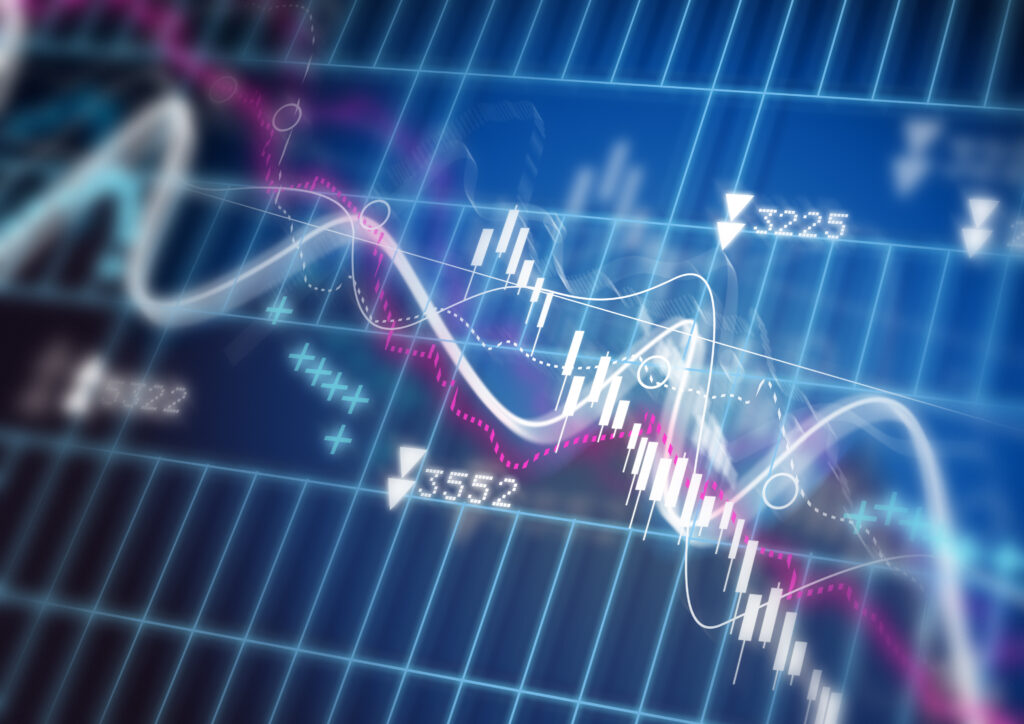In the rapidly evolving landscape of financial markets, forex trading has undergone a dramatic transformation, driven by advancements in technology and an ever-increasing demand for speed and accuracy. The future of forex trading is being redefined by real-time trading solutions that push the boundaries of both. These innovations promise not only to enhance the efficiency of trading strategies but also to revolutionize how traders interact with the global currency markets. At the heart of this transformation is the rise of high-frequency trading HFT systems. These systems leverage sophisticated algorithms and ultra-low latency networks to execute trades at speeds previously unimaginable. High-frequency trading has reshaped the forex market by enabling traders to capitalize on minute price movements within fractions of a second. The speed at which these trades are executed allows for a level of precision and efficiency that was once beyond reach. As a result, traders can exploit arbitrage opportunities and respond to market changes with unprecedented agility.

Another key development is the integration of artificial intelligence AI and machine learning into forex trading platforms. AI-driven systems analyze vast amounts of data in real-time, identifying patterns and trends that human traders might miss. Machine learning algorithms continuously improve their predictive accuracy by learning from historical data and adapting to new market conditions. This ability to process and interpret data swiftly and accurately empowers traders with actionable insights that enhance decision-making and risk management. Furthermore, the advent of blockchain technology is poised to make a significant impact on forex trading. Blockchain’s decentralized and immutable nature offers enhanced transparency and security, advanced forex indicators addressing some of the inherent risks in traditional trading systems. Smart contracts, powered by blockchain, can automate and enforce trading agreements, reducing the need for intermediaries and streamlining the settlement process. This not only accelerates transaction times but also minimizes the potential for errors and disputes.
In addition to these technological advancements, the increasing availability of real-time market data is transforming how traders access and use information. Advanced data feeds and analytics tools provide a continuous stream of market data, including price quotes, news updates, and economic indicators. This influx of information enables traders to make more informed decisions and adapt their strategies in real time. The ability to monitor multiple currency pairs simultaneously and react to market fluctuations as they occur is a game-changer for both individual traders and institutional investors. The future of forex trading is also marked by the growth of social trading platforms, which leverage the collective wisdom of the trading community. These platforms allow traders to share insights, strategies, and performance metrics, fostering a collaborative environment where knowledge is exchanged and refined. By tapping into the expertise of others, traders can enhance their own strategies and benefit from a broader perspective on market trends.